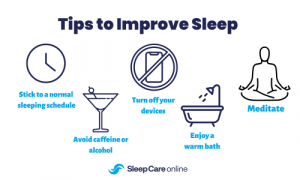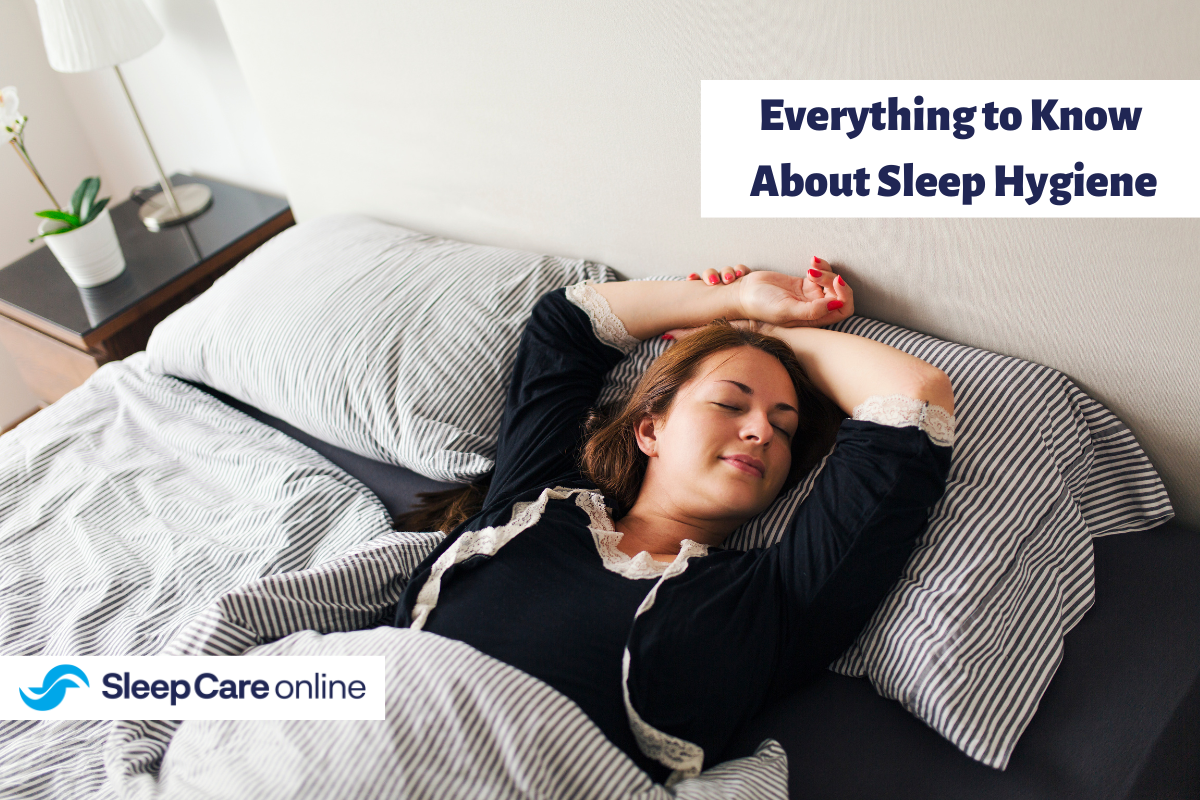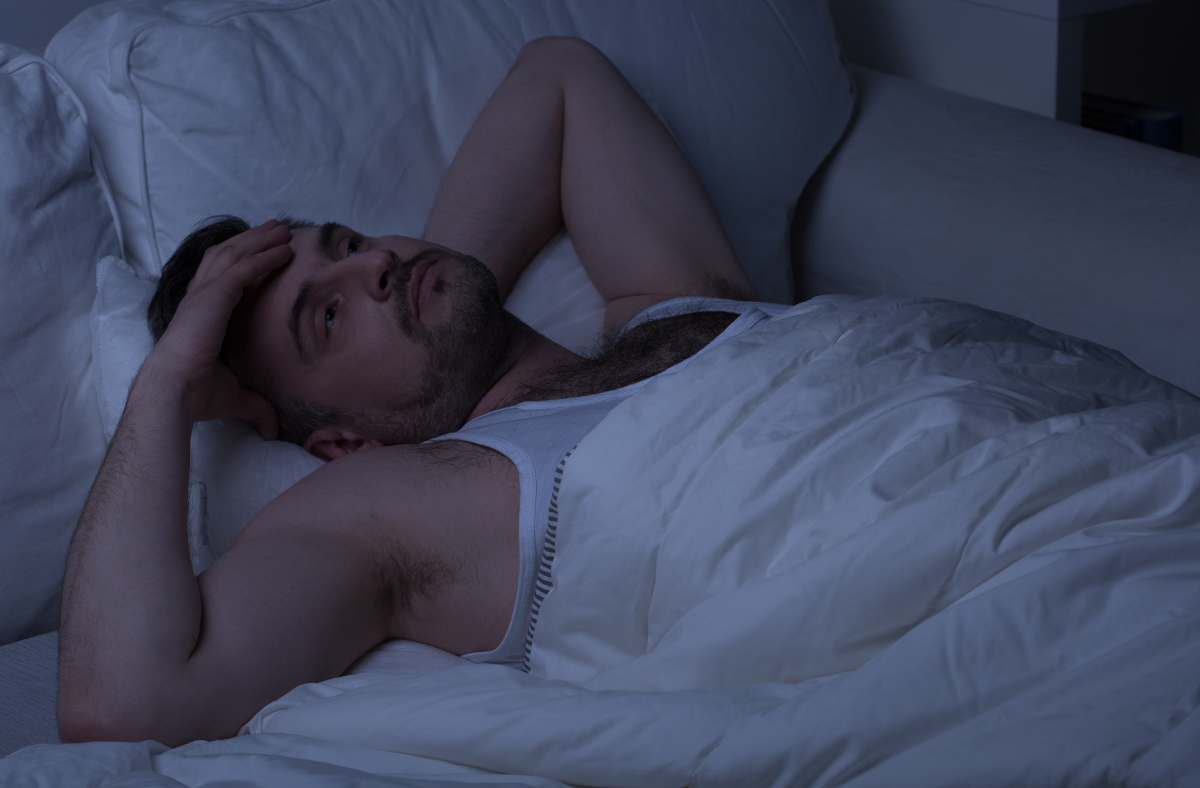Sleep is an essential part of your overall health, bringing numerous benefits to both your physical and mental health. Poor sleep can impact your mental well-being during the day and can lead to mood disorders.
What Is a Mood Disorder?
Mood disorders cause emotions that affect your ability to perform everyday activities. Prolonged periods of sadness or erratic swings from depression to anxiety may interfere with your life.
Common mood disorders include:
- Major depression. Having less interest in usual activities, feeling sad or hopeless, and other symptoms for at least 2 weeks may indicate depression.
- Dysthymia. This is a chronic, low-grade, depressed, or irritable mood that lasts for at least 2 years.
- Bipolar disorder. This is a condition in which a person has periods of depression alternating with periods of mania or elevated mood.
Signs and Symptoms of Mood Disorders
While we all experience brief periods of sadness or anxiety, mood disorders are extended periods of disruptive emotions. You may have a mood disorder if:
- Your emotional state interrupts daily activities such as work or leisure over extended periods of time
- You turn to drugs or alcohol as a remedy
- Having suicidal thoughts or behaviors
- Experiencing irritability or aggression
- You have difficulty concentrating
- You go through changes in appetite including weight changes
- Experiencing an ongoing sad or anxious mood
- You start to have changes in your sleep patterns
Sleep Deprivation and Mood Disorders
There are many reasons why you may experience a mood disorder. Genetics and traumatic life events could be the root causes of a mood disorder. However, studies have shown that poor sleep may also be a factor. With as little as four hours of sleep research, subjects exhibited feelings of stress, anger, and sadness compared to subjects who followed normal sleep patterns.
As people experience sleep deprivation, they may not notice the changes in their behavior or mood, as the change may be gradual. Often someone first experiencing the signs or symptoms of a mood disorder may look for a solution other than their sleep patterns. They may seek out prescribed medications or even self-medicate, which can make their sleep loss and mood disorder worse.
Some common mood disorders that are affected by sleep deprivation include:
- Depression
- Seasonal Affective Disorder
- Anxiety Disorders
- ADHD
- Interaction of Mental Health Conditions
How Does a Mood Disorder Affect Sleep?
Mood disorders that are caused by sleep deprivation may also drive poor sleep patterns. Furthermore, stress and anxiety can cause insomnia. Depression can also result in irregular and unhealthy sleep patterns that lead to more sleepless nights. The vicious cycle of poor sleep and mood disorder can leave you feeling hopeless.
As a mood disorder takes hold and changes normal sleep patterns, it causes an individual to readjust to these disrupted patterns of sleep. Long periods of insomnia or extended periods of sleeping during daytime hours can create unhealthy sleep habits. Understanding that changing sleep patterns are an important factor in mood changes is the first step to getting help.
How Much Quality Sleep Do You Need?
The amount of sleep differs from person to person depending on age, physical activity, and health.
- Children and teenagers need 9-10 hours of sleep at night. Younger children have the tendency to sleep and wake earlier, as they grow, their habit changes and they tend to sleep later.
- Adults require 8 hours of sleep at night on average. Adults require less sleep compared to children and the number of sleep decreases as they grow older.
Why is it Important to Get Enough Sleep?
As you sleep, your body is resting and recharging. Getting the proper amount of sleep will regulate weight, remove toxins from the body and brain, reduce stress, lower your risk for serious health conditions, and more.
Why Can’t I Fall Asleep?
There are a number of reasons you may not be able to fall asleep, including:
- Insomnia
- Emotional issues (stress, anxiety, depression, etc)
- Caffeine intake
- Daytime habits
- Sleep disorders
- Blue light emission
Tips To Improve Sleep

- Find a sleep routine and stick to it. Practice going to bed and waking up at the same time to create and maintain a sleep routine and discipline.
- Avoid drinking coffee or alcohol before bedtime. Also, try and finish the last meal of the day at least 2 hours before you hit bed.
- Don’t use your phone before bedtime.
- Change the ambiance of your bedroom with comfortable lights. Use a bedside lamp if necessary.
- Enjoy a warm bath before bed to regulate the body temperature for better sleep.
- Use simple music or simple meditation. Focus On your breathing for 5-10 minutes to relax your mind before bed.
Home Sleep Study for Mood Disorder Patients
The good news is that identifying sleep deprivation in mood disorder patients has become easier than ever. Home sleep studies from Sleep Care Online help you find out if you have a sleep disorder without having to visit a doctor’s office. It also can offer you solutions for poor sleep. Here’s how it works:
- With the Complete Care Package, schedule a 10-minute telehealth visit with a healthcare provider to discuss your symptoms, upcoming sleep study, test results, and treatment options.
- A multi-night, disposable home sleep apnea test is mailed to your home to be completed at your convenience.
- A physician analyzes the sleep data and provides a prescription if needed.
- Schedule an optional follow-up appointment (additional fee applies).
- We connect you to sleep experts who can offer customized sleep therapy options, assistance in equipment purchase, and initial set-up.
References
- Dinges, D. et al., Cumulative Sleepiness, Mood Disturbance, and Psychomotor Vigilance Decrements During a Week of Sleep Restricted to 4 – 5 Hours Per Night, Sleep. 1997 Apr; 20 (4): 267–277.





